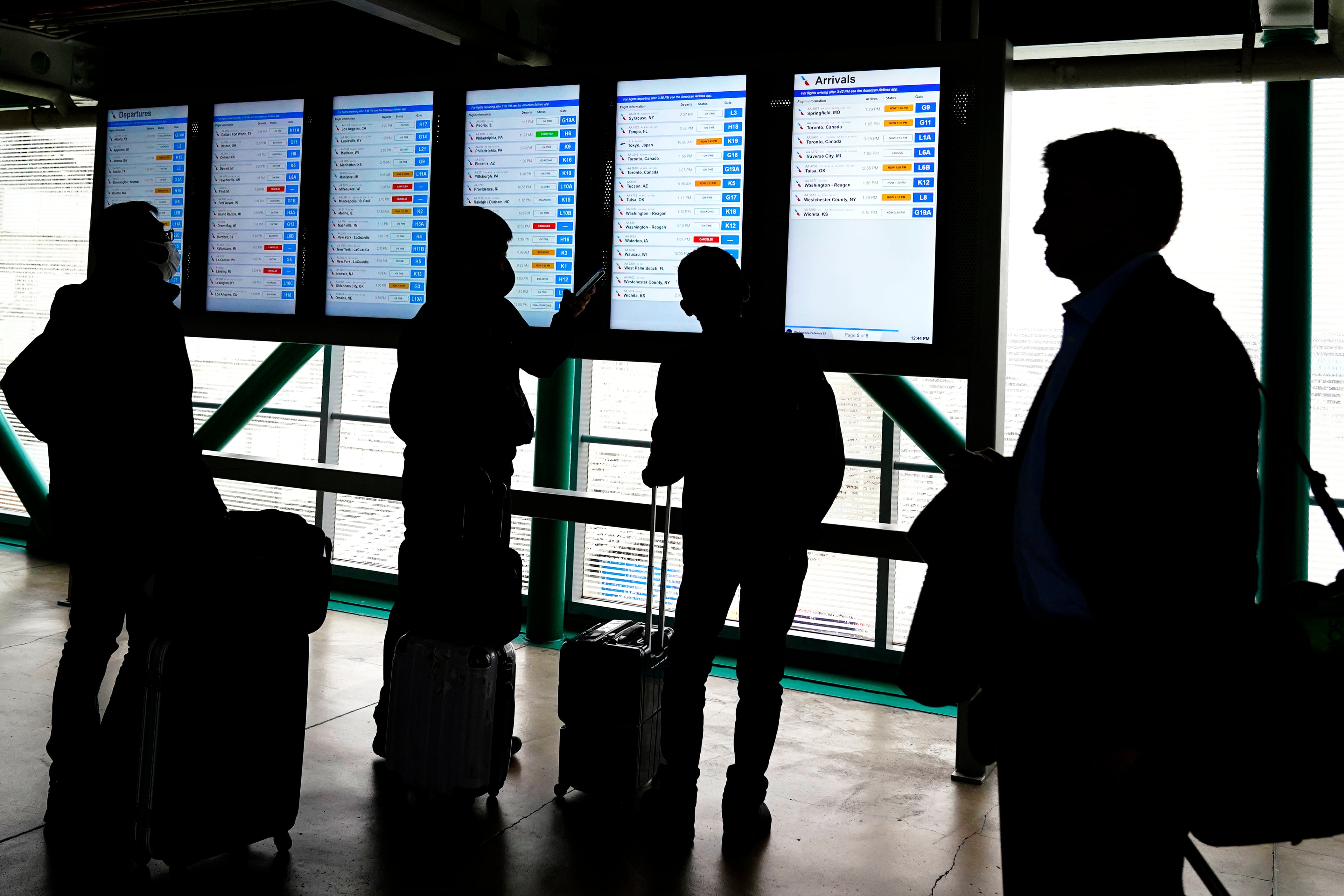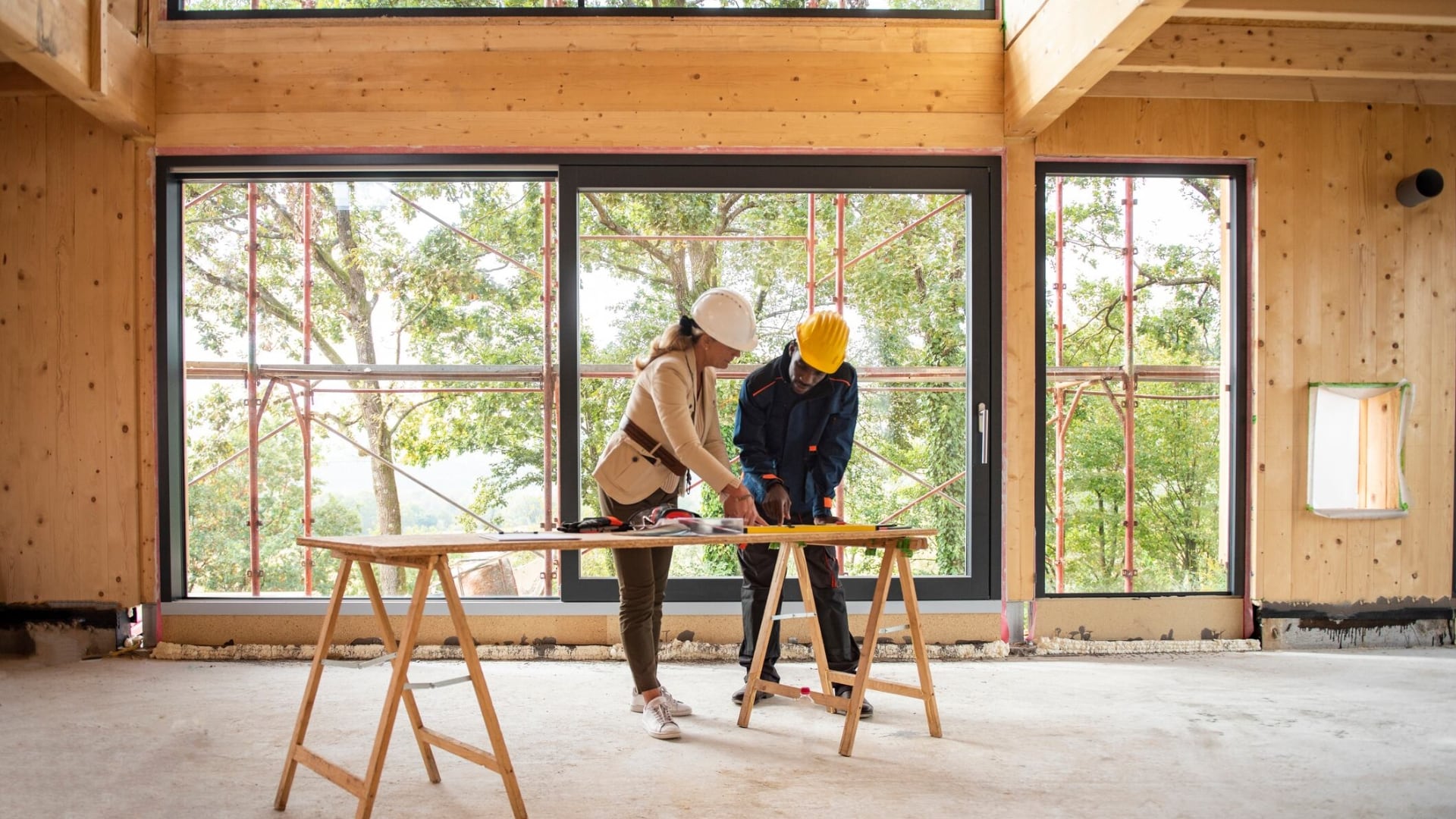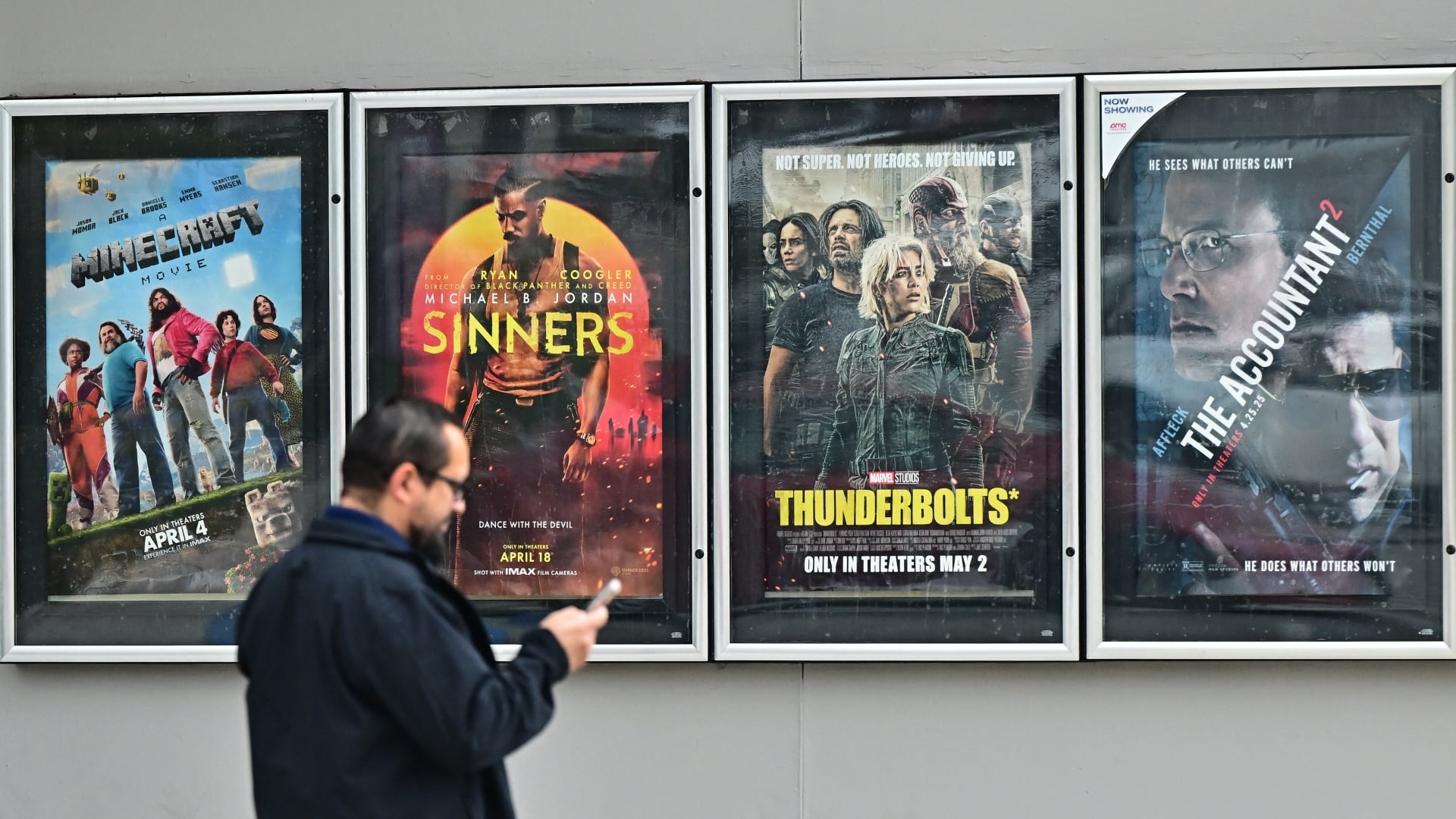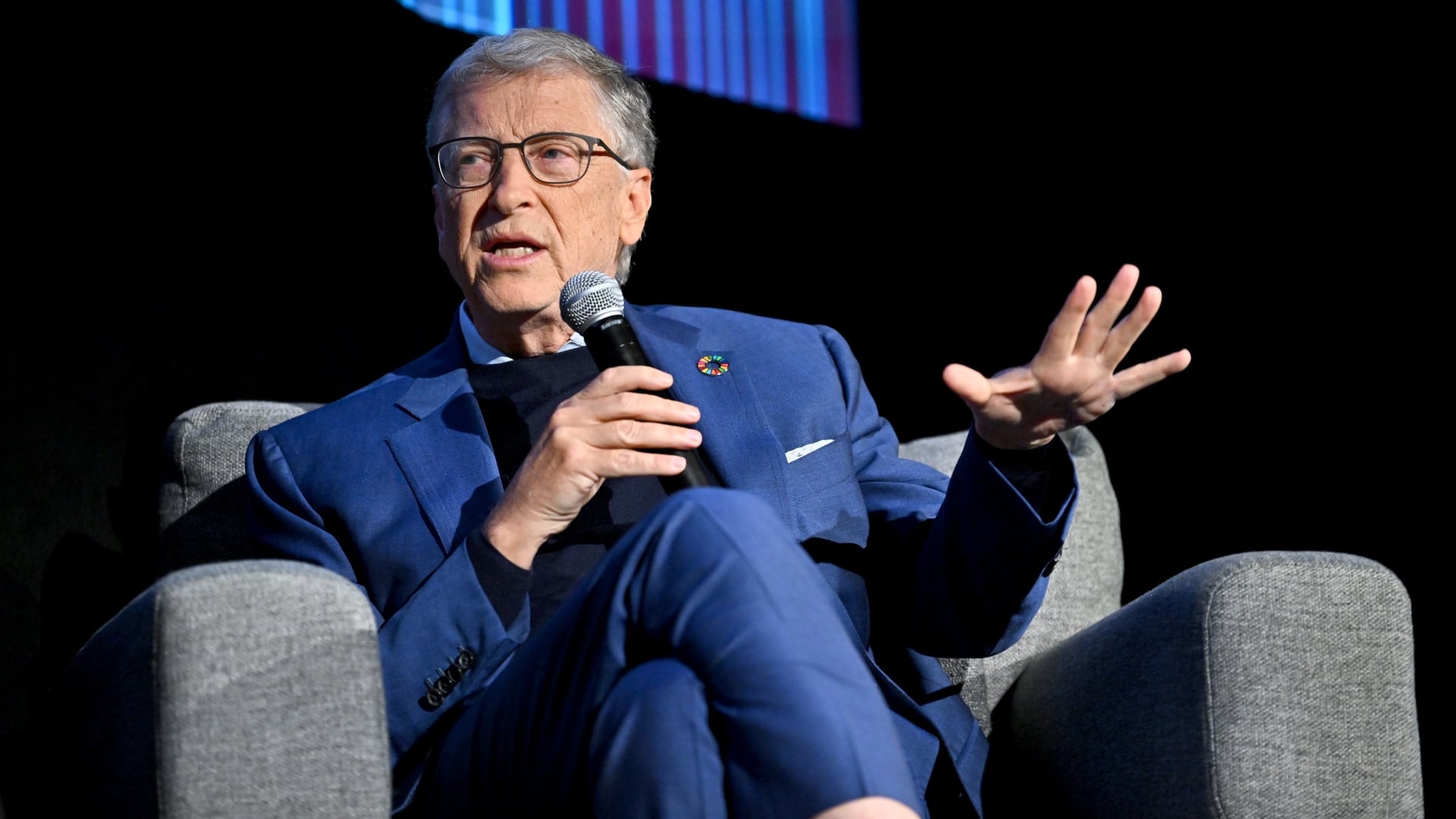Neel Shah received an email from Silicon Valley Bank's new CEO, Monday night about 6:30 p.m. ET.
"Silicon Valley Bank, N.A. is open and conducting business as usual," the new CEO of Silicon Valley Bank N.A. Tim Mayopoulos wrote in the email.
"I recognize the past few days have been an extremely challenging time for our clients and our employees, and we are grateful for the support of the amazing community we serve," added Mayopoulos, who joined Fannie Mae in the wake of the financial crisis and served as CEO from 2012 to 2018.
The email was the first correspondence Shah said that he and his business partner, Caitlin Kelly, had received from the bank since the troubled institution's collapse over the weekend. Kelly said the two were unable to wire funds from the business account for their company EZ Newswire on the evening of March 9.
"[We had] no communication from Silicon Valley Bank, or anyone about the state of our accounts, or the funds within it. So it's been quite an uncertain period," Kelly said.
In the absence of any communication from their bank, announcements from federal regulators and President Joe Biden on Monday were intended to reassure SVB depositors that their savings were safe. But didn't stop founders like Kelly and Shah from worrying what might happen if they weren't able to access their funds.
"As a small business … we're an underdog in the fight, so we're just more focused on making sure employees get paid, our bills are paid, our rent is paid. And that's really the top of mind for us," Shah said.
SVB earned a reputation as a darling of venture capitalists and their portfolio companies. It claims on its own website that it banks "nearly half of all US venture-backed startups, and 44% of the US venture-backed technology and healthcare companies that went public in 2022."
EZ Newswire, a public relations and communications technology business, is mostly backed by angel investors, but Shah said that he and Kelly chose the SVB because it offered resources and a supportive ecosystem for startups. They valued that support especially since they founded their company during the COVID-19 pandemic.
"Starting a business during the pandemic was very difficult to begin with. So having any help that we could get was beneficial," Shah said.
Despite the fact that many tech startups are clients of SVB, University of Washington Professor of Finance and Business Economics Philip Bond said that the impact on the tech community is likely to be fairly muted.
"The decline in venture funding is part of what caused SVB to run into troubles, as deposits just naturally dwindled as startups drew on their deposits. And I'm worried we'll look back at this and we'll say [that] it was the decline of SVB that led to a drive of venture funding, when I think certainly right now it's pretty much the opposite," Bond said.
It wasn't just that dwindling VC funding. SVB used its deposits to purchase mortgage-backed securities and Treasury bonds at very low interest rates, the Associated Press reported. That exposed the bank to a ton of risk once interest rates began to climb.
Whereas regulators may have spotted these issues in a larger bank, the repeal during the Trump administration of some Obama-era regulations for small and mid-sized banks meant those with less than $250 billion in assets under management no longer had to adhere to certain capital requirements or submit to Federal Reserve-mandated stress tests. SVB's former CEO, Greg Becker, lobbied on behalf of that rollback, the Associated Press reported. The bank had about $209 billion in assets under management at the close of 2022, coming in just under the new threshold, according to the Federal Deposit Insurance Corporation.
Experts like Bond worry that other banks carry similar risk.
"Bank managers have failed to hedge an obvious source of interest rate risk," he said. "I would be concerned that this is pretty endemic to a very large chunk of the banking sector."
Investors are clearly concerned, as well. Regional bank stocks have whipsawed in the days following the collapse of SVB and New York-based Signature Bank, as investors fear more small and mid-sized banks may be at risk from some of the same issues that contributed to SVB's decline. First Republic Bank shares, which are down more than 70 percent YTD, have led the decline. First Republic Bank has about $119.5 billion in uninsured deposits —- the most of any regional bank, according to Reuters. Uninsured deposits account for about 68 percent of total deposits at First Republic. Concerns were somewhat allayed after a group of larger banks pledged a $30 billion lifeline to the smaller institution.
President Biden on Monday noted that although regulators would protect depositors at banks like SVB, investors would not be protected.
"They knowingly took a risk and when the risk didn't pay off, investors lose their money. That's how capitalism works," he said.
As for Kelly and Shah, they've regained access to their funds, and urge Americans when learning about this situation not to vilify tech.
"We're a small business, and there's 33 million small businesses in the country. It's the backbone of the U.S. economy. The only thing that makes us unique…is because we chose to bank with SVB," Shah said.
"I think that this isn't really a VC or tech issue — this is really an America issue," he added.








